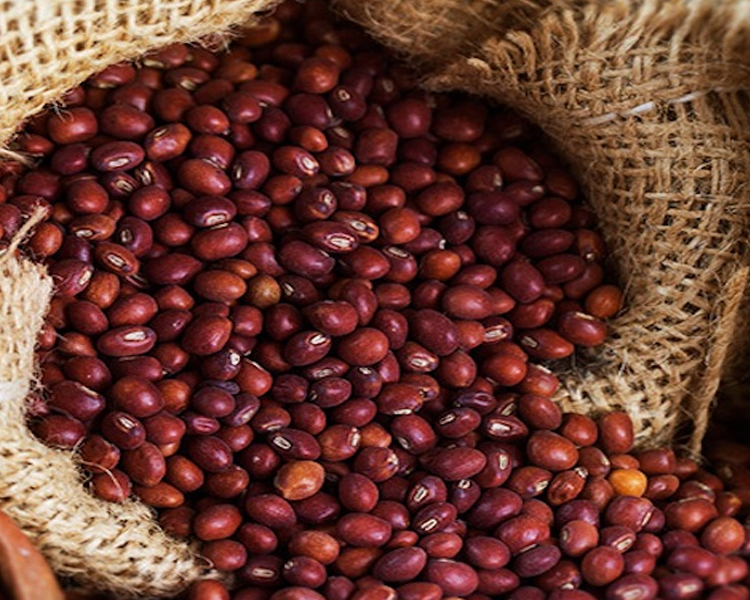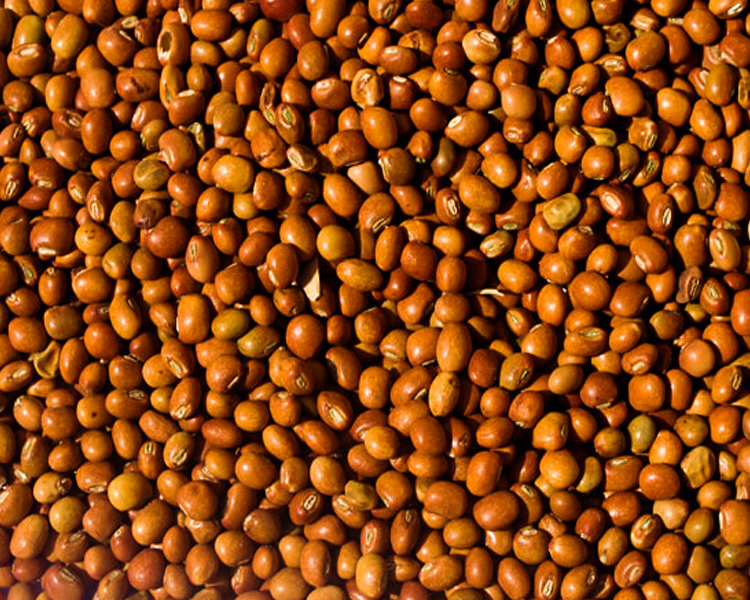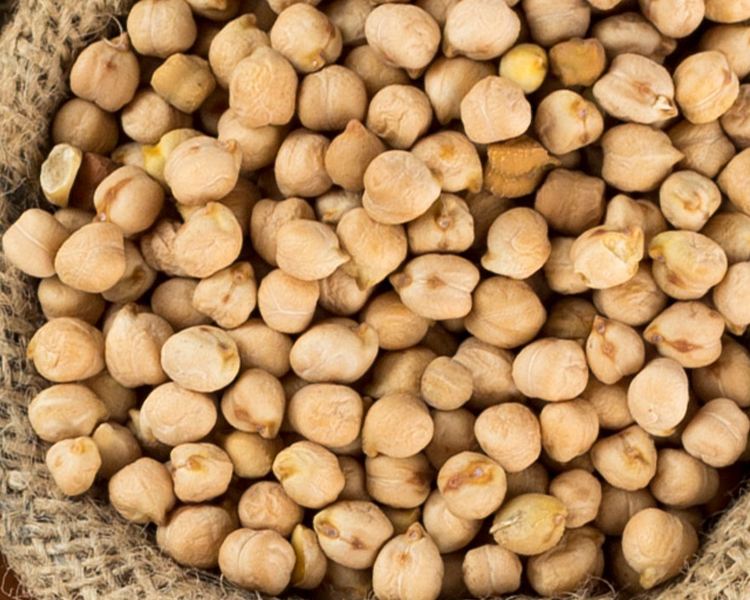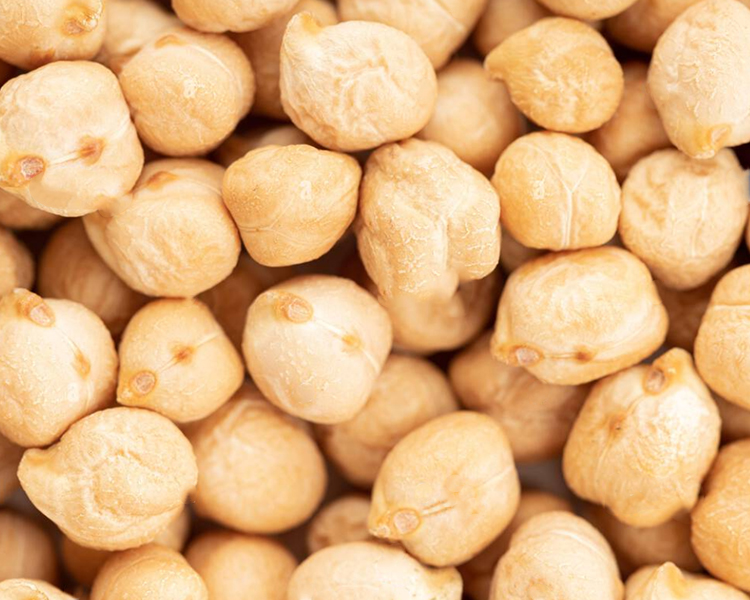Pigeon Peas
Pigeon peas, scientifically known as Cajanus cajan, are an important crop in Sudan. They are cultivated in various regions of the country due to their adaptability to different agro-climatic conditions. Pigeon peas are valued for their nutritional content, versatility, and multiple uses. They serve as a source of protein, dietary fiber, and various vitamins and minerals. In Sudan, pigeon peas are commonly consumed as a food staple, either in their whole form or processed into flour or dhal (split peas). They are also utilized as animal feed and play a role in crop rotation and soil improvement due to their nitrogen-fixing abilities. Pigeon peas contribute to food security, agricultural diversity, and income generation for farmers in Sudan.
Chickpeas
Chickpeas, both desi and kabuli varieties, are cultivated in Sudan, primarily in regions such as Gezira, Kordofan, and Darfur. They play a crucial role in ensuring food security, providing protein, fiber, vitamins, and minerals to the Sudanese diet. Chickpeas are widely used in Sudanese cuisine, featuring prominently in dishes like "ful medames." Sudan also exports chickpeas, leveraging its favorable production conditions. These legumes offer nutritional benefits, support crop rotation practices, and contribute to sustainable agriculture in Sudan. Overall, chickpeas are an important crop in Sudan, addressing nutritional needs and driving agricultural productivity.




